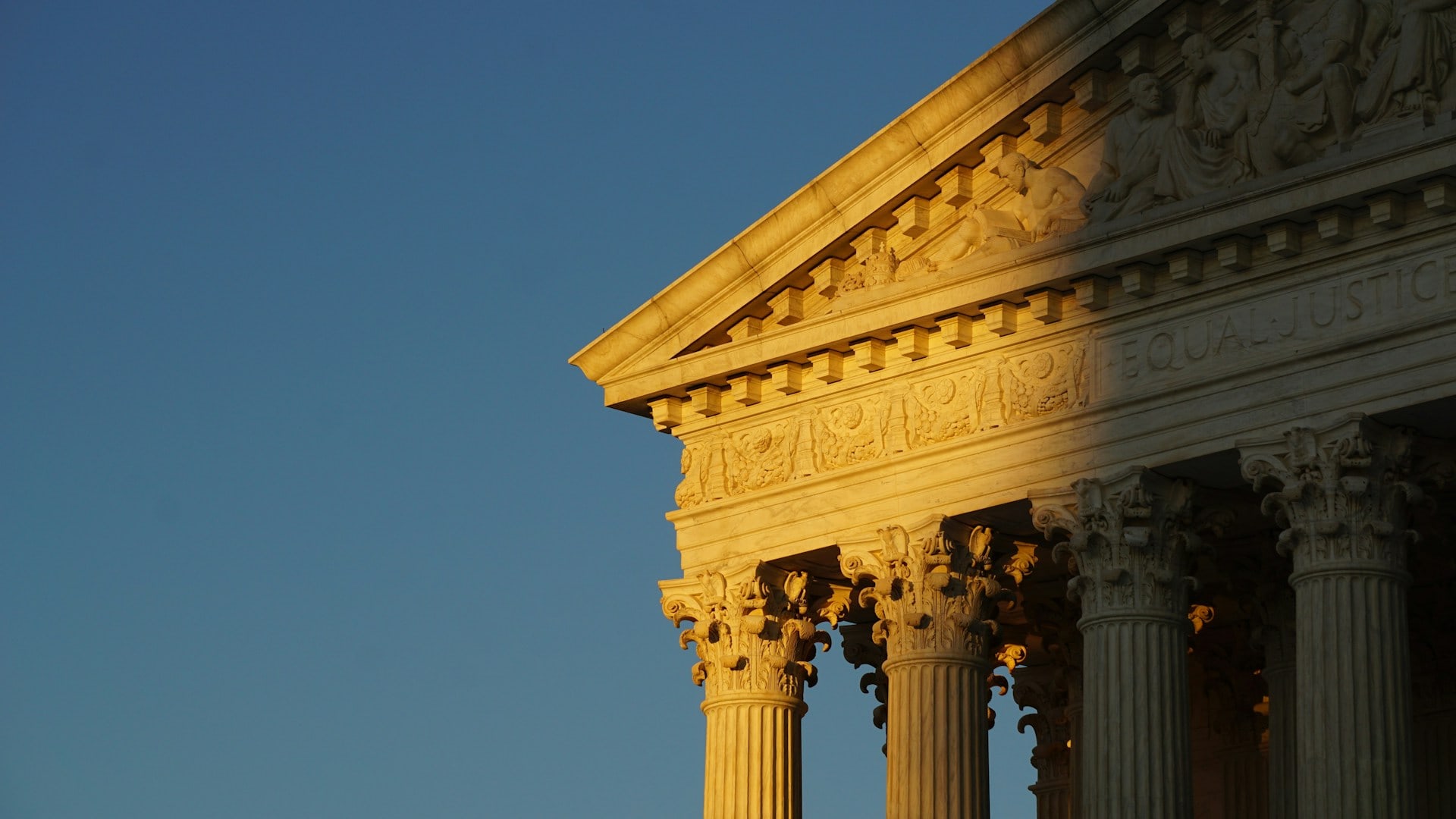Search
News Topics
AHA Topics
Thematic
Geographic
Month
Year

January 10, 2026
2026 Executive Director’s Report

December 30, 2025
AHA Member Cites AHA American Lesson Plan in The Atlantic

December 22, 2025
AHA Files Amicus Brief in Support of Foreign Scholars
“Only historians and trained museum professionals are qualified to conduct such a review, which is intended to ensure historical accuracy. To suggest otherwise is an affront to the professional integrity of curators, historians, educators and everyone involved in the creation of solid, evidence-based content.”
~Sarah Weicksel (AHA) in The New York Times on the Trump administration’s announcement of a “sweeping review” of the Smithsonian to “ensure alignment” with the administration’s goals, August 2025.
“You cannot censor your way to great schools.”
~Julia Brookins (AHA) before the Texas State Board of Education, August 2022
"The NEH is vital to the American public’s engagement with the vibrant landscape of humanities education and research. We remain committed to pursuing all legal options to ensure that the work of the NEH and its staff continues to connect Americans with the history and culture that is so central to civic engagement."
~Sarah Weicksel (AHA), July 2025
AHA Advocacy
AHA Advocacy
The American Historical Association provides leadership for the discipline, defends academic freedom, and promotes the critical role of historical thinking in public life.
Your Voice Matters
Federal, state, and local representatives rely on input from constituents to inform their decisionmaking. In many instances, they want to hear from you as they navigate the competing interests of different stakeholders. These guides are intended to help AHA members, and the public more broadly, advocate for history, the work of historians, and history education.
AHA Announcements
Members Making News
Members Making News highlights the accomplishments of AHA members. Members are encouraged to submit news about prizes, honors, significant publications, media appearances, and other professional achievements.

January 10, 2026
2026 Executive Director’s Report

December 30, 2025
AHA Member Cites AHA American Lesson Plan in The Atlantic
AHA in the News
AHA Media Appearances & Publications
AHA staff and Council members frequently write articles and make public appearances on history, history education, the importance of historical thinking in public life, and the work of historians.

December 30, 2025
AHA Member Cites AHA American Lesson Plan in The Atlantic
From the Executive Director’s Desk
AHA executive director Sarah Weicksel offers reflections on current issues before the AHA.
For the Press
Request an Interview
The AHA is pleased to speak with and provide resources for journalists and the media. If you are a member of the media and would like to submit a request for a referral or interview, please email press@historians.org. Please provide any pertinent deadlines and we will do our best to accommodate your request. The AHA can find you a historian for any topic, and assists with dozens of inquiries each year.
